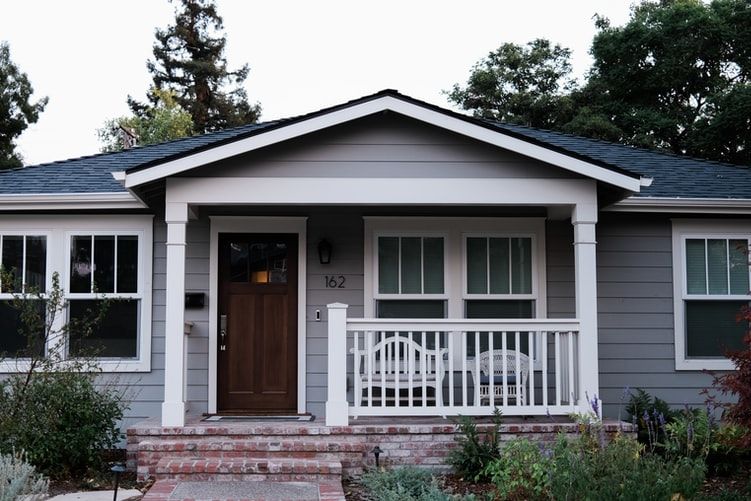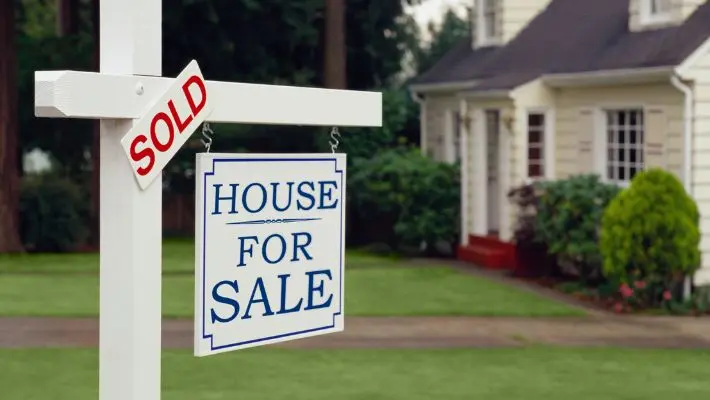
4 Ways to Understand What Your Home is Worth
Sellers need to know a home's worth as early as possible in their sale to maximize their investment potential and shape strong strategies.
Understanding what homes are worth is crucial for homeowners who are considering selling their properties. A property’s value is determined by various unique factors, such as its location, features, and amenities, as well as external drivers such as the housing market condition and current interest rates. Since many elements contribute to determine the sale value of a home, sellers may not be clear about how much they can expect to generate from the transaction.
Knowing what your home is worth early on in the selling process helps sellers understand the financial leverage they possess as they move forward with their deal.
Sellers who are using the funds from their sales to finance the purchases of their next homes need to have an idea of what their new budget is based on their current home’s value. Sellers should also know their home’s market value to accurately price their homes when they first create their listings. Being able to set the right price the first time you market your home establishes better sales prospects for sellers, making it a key strategy to employ when selling.
Four Ways to Determine What Home Worth Is
Instead of waiting for the official appraisal, where the buyer’s lending institution hires a professional to assess the fair market value of the home, sellers can follow these four steps to understanding what a home is worth when selling.
#1. Review Market Reports
Since one of the strongest indicators of a home’s selling value is the housing market, sellers can understand what their home is worth by looking at the recent sales of comparable listings in their areas. Data-rich market reports can outline how much homes with similar features were sold for, as well as how long they were on the market, which can be used as a basis for your expected experience.
Besides looking at neighborhood-specific activity, sellers can gain big picture insights by exploring nationwide real estate reports. In many instances, national market trends drive the activity that takes place in smaller markets. For example, an increased median sales price in the nation will likely result in a parallel increase in your home’s market value. The National Association of REALTORS® is an industry-leading resource for this information.
#2. Reference an online AVM (automated valuation model) tool

To get a general sense of what a home is worth, there are a few resources that will show you what they think your home is worth, using an AVM (automated valuation model). Zillow is probably the most well known with its Zestimate. Redfin also provides an estimate of what they believe a home is worth. There are also more specialized companies that provide accurate AVMs. These AVM estimates are great to get a general idea of a home's value, but they should be viewed with caution since each home is unique - a home is ultimately worth what someone else is willing to pay for it.
When you become serious about selling your home, it's always best to talk with a local REALTOR who can generate an up-to-date CMA (comparable market analysis), which will look at the most recent sold home prices nearby, as well as the individual characteristics of a property that could affect the home's value. More importantly, a local REALTOR's CMA will take into account the current market conditions (multiple offers, cash offers, over/under bidding, etc...).
#3. Consider Land Appreciation
Besides the characteristics and condition of the home itself, the land that it is on is also an important investment factor that determines your home’s value. This is one of the reasons why homes in high-demand metropolitan areas are typically priced higher than comparable homes in rural locations.

As the structure of your home gets older and outdated, its value decreases. However, the land that it sits on typically increases in value over time. Sellers should consider the futures of their neighborhoods to understand how land appreciation will influence what a home is worth.
#4. Consult the Best Real Estate Agent
Talking to a real estate agent is perhaps the most straightforward way for sellers to gauge what a home is worth. Consulting a real estate professional will take any speculation out of the conversation as your home will be the basis of the discussion.

Your agent will be able to discuss the ways that your specific home will fare amid the current market conditions in your local area at the time of sale. In addition, your agent can answer any questions and provide valuable guidance, such as outlining potential strategies to increase your home’s value through renovations or repairs.
The sale of a home is an investment in itself, which accumulates the expenses of closing costs and fees. Closing costs for sellers typically cost between 8% to 10% of the property’s total selling price, making it a substantial investment for sellers. To best navigate your sale with specific strategies in mind, sellers need to get connected with the best agents to determine what a home is worth when selling. Click here to find yours.






